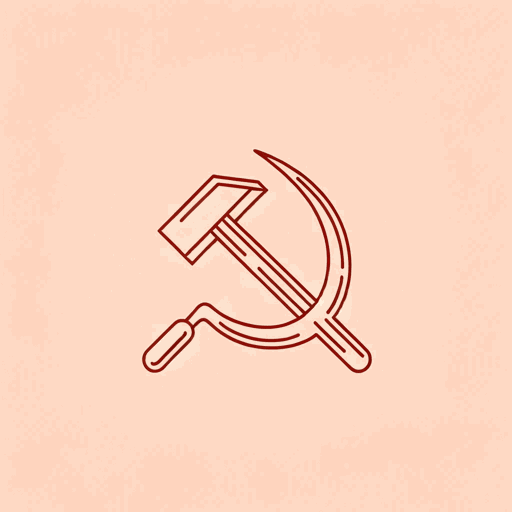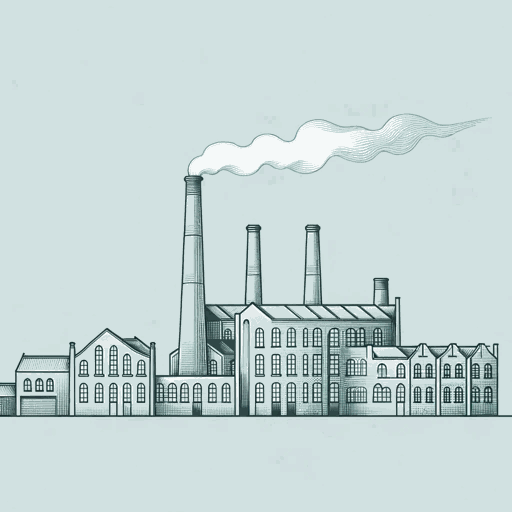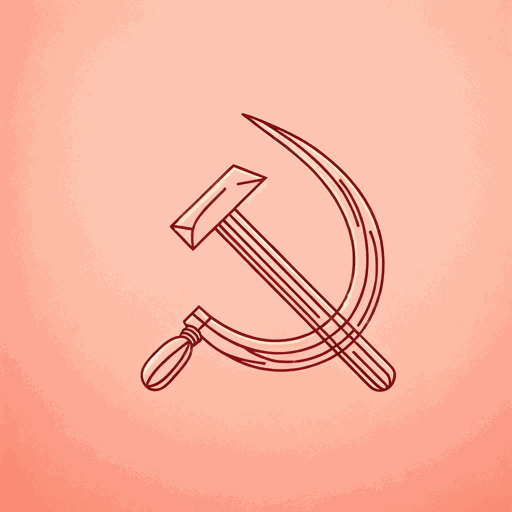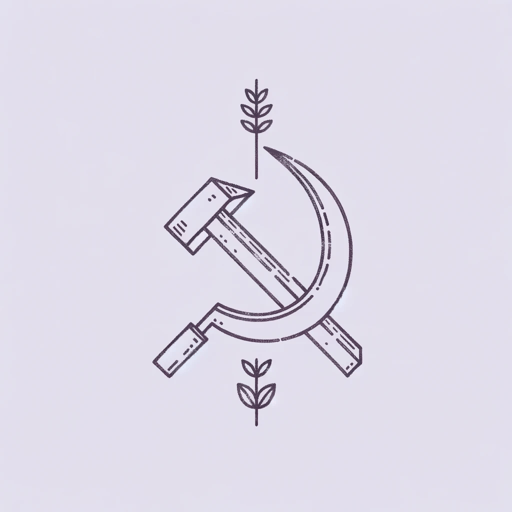31 pages • 1 hour read
Karl Marx, Friedrich EngelsThe Communist Manifesto
Nonfiction | Reference/Text Book | Adult | Published in 1848A modern alternative to SparkNotes and CliffsNotes, SuperSummary offers high-quality Study Guides with detailed chapter summaries and analysis of major themes, characters, and more.
Themes
Economics as the Source of Class Struggle
Perhaps his most influential contribution to sociopolitical theory, Marx argued that society’s laws, aesthetics, and even morality spring directly from its economic relationships. That is, the organization of a society’s economic system directly determines the sorts of ideals the society values. This way of conceptualizing history, arguing that historical events are the result of material, economic forces rather than competing ideologies, is called “historical materialism.”
Marx’s examination of how economic classes interact with each other establishes the theme of class struggle, which recurs throughout the Manifesto. Marx asserts that the more powerful economic class, usually the minority, always oppresses the weaker class; all conflict arises from class struggle caused by inequal economic conditions. He rejects the tendency to consider class character as separate from economic factors like, for example, property ownership. Class character and economics are inextricably connected, and all conflict stems in some way from the tendency of the powerful class to deny the oppressed opportunities to flourish. Only when property is redistributed and shared by all members, as in the socialist system, can class character be removed.
In Marx’s view, the most powerful economic class is a society’s most powerful class. Economic dominance leads directly to other types of influence.
Related Titles
By these authors

Das Kapital
Karl Marx

Economic and Philosophic Manuscripts of 1844
Karl Marx

Socialism: Utopian and Scientific
Friedrich Engels

The Condition of the Working Class in England
Friedrich Engels

The Eighteenth Brumaire of Louis Bonaparte
Karl Marx

The German Ideology
Karl Marx, Friedrich Engels

